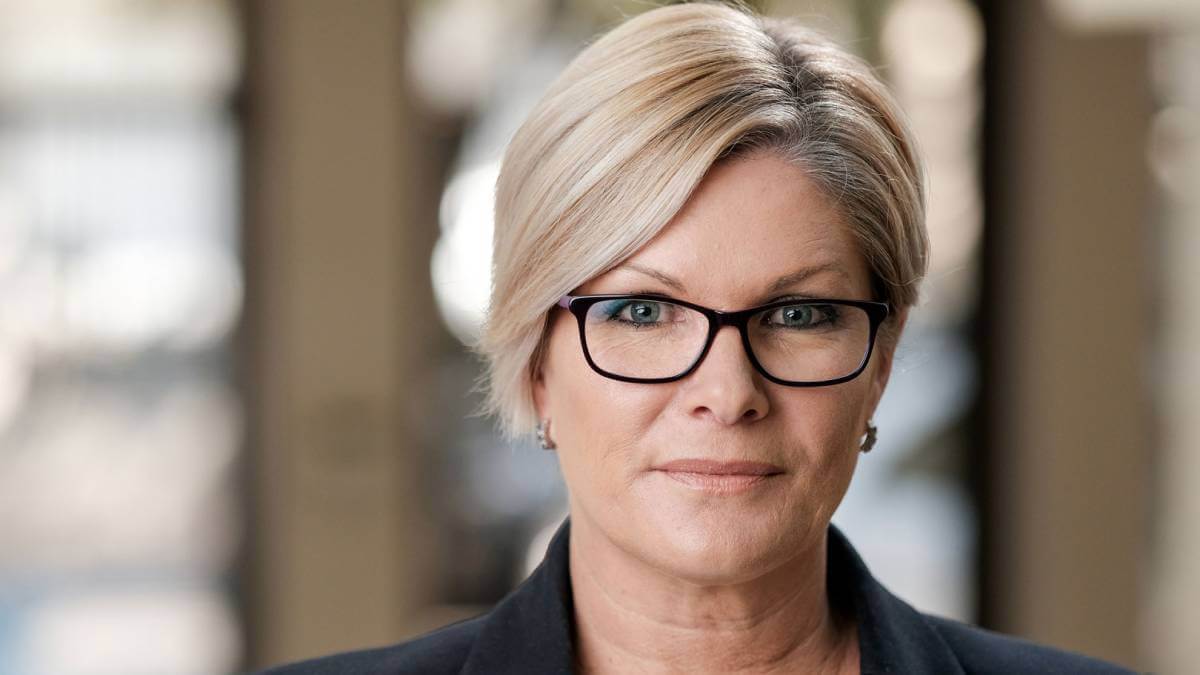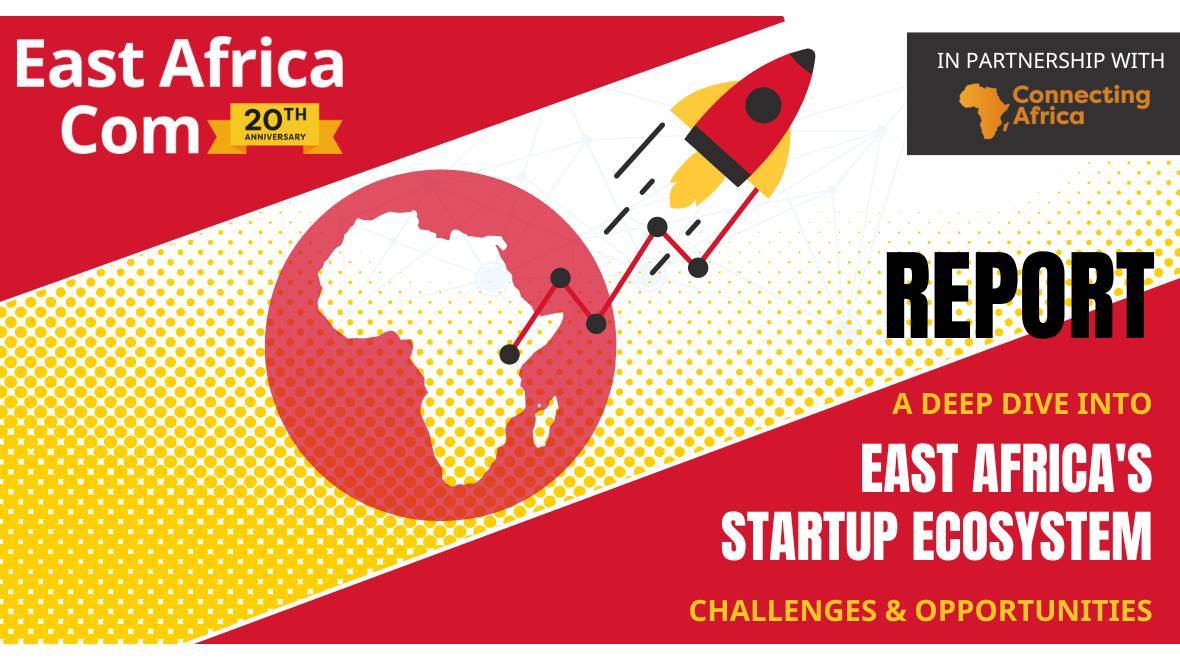Women in Tech: Spotlight on inclusivity with Digital Council Africa's Juanita Clark

Show up. Take your seat. Speak up. That's the advice that Juanita Clark would give to young women wanting to enter the tech and telecoms sectors.
With almost 20 years of experience in the telecommunications industry, Clark is the CEO of Digital Council Africa, whose mission is to support the public and private sectors to work together to deliver on the expectations of a gigabit society.
Through developing the digital transformation stack, the council hopes to educate and guide all involved in the framework and infrastructure for the next generation of Internet applications and platforms and ultimately remove the boundaries of technological inclusion.
"Inclusivity is a decision; and one we make every day. We have to choose to take others on a journey with us, we don't wait for them to try and catch up. It is not someone else's problem; it is each one of ours," Clark added.
As part of Women's Month in South Africa and ahead of Africa Tech Festival 2022, Celen Ebru Paytoncular caught up with her to find out more about her career and what needs to be done to make the tech industry intentionally inclusive.
Celen Ebru Paytoncular (CEP): How did you get started in your career?
Juanita Clark (JC) : I ended up in the technology sector by accident. A colleague that I had worked with for a few years in an unrelated field left to join a technology company.
A short while after she joined, they had an opening. She put my name forward and I was offered a position and joined them a few months later. I never left the sector.
CEP: You began working in the industry around 25 years ago. How much do you think the industry has changed over that time?
JC: I often wonder if it is the sector that has changed, or if I have changed? When you are younger, you do not question things, maybe because you are inexperienced and uncertain.
Having said that, I do believe that there is more awareness for the rights of women, and I certainly do not just accept the status quo.
I am less afraid to challenge a viewpoint, and more free to make a statement.
CEP: Why do you think it's important for more women to join the tech industry?
JC: There are more than a few reasons why the ICT sector needs women, and especially in key roles. Mainly because technology should always serve humanity, and women can bring a nurturing side to its development and conscience and ensure that products are human-centric.
Also, I think that there is an opportunity for more female-centric products to be developed, products that specifically serve the "other 50%."
Of course, we also know that diversity increases creativity, we should harness its power.
CEP: What is the one thing you would change to encourage more women to join the sector?
JC: Without a doubt the gender pay-gap. I find it exasperating that women work as hard, in some cases harder, than their male counterparts yet still earn 25 - 30% less.
I am hoping that the day will come that we seriously consider the fairness of this. It is not just about financial compensation.
Companies that continue to pay their female workforce less send a strong message that they do not regard women equal in value compared to their male peers.
CEP: What is the biggest challenge you've faced in your career so far, and how did you overcome it?
JC: There are many challenges women face, including overcoming stereotyping, building a supportive network in a space that is male dominated, to name but two.
For me, the greatest challenge has been that often, and unfortunately so, gender bias is unconscious, which makes it difficult to address. When someone does not recognize or is unwilling to self-inspect that they may be biased, you cannot address it and then in turn, it will never change.
The same is true for racism. There are a lot of sub-conscious biases that we may not even know we carry. I question whether we simply, over time, have become desensitized to some of the issues?
CEP: What do you think can be done to increase the numbers of women working in tech?
JC: One day while on a call with [Microsoft South Africa CEO] Lillian Barnard, (but one name of thousands of women I admire), she mentioned a quote by Ekaterina Walter which says: "If you do not intentionally include, you unintentionally exclude."
It made a profound impact on me and changed the way I viewed inclusivity in all its forms. I wrote it in big bold letters where I can see it all the time.
Inclusivity is a decision; and one we make every day. We have to choose to take others on a journey with us, we don't wait for them to try and catch up.
It is not someone else's problem; it is each one of ours. We must continually look for ways to include.
CEP: What advice would you give those wanting to follow in your footsteps and break into the industry?
JC: Show up. Take your seat. Speak up.
— This article is taken from the 'Closing the Gap: Accelerating Women in STEM' eBook. For more insights from over 15 leading women in STEM, download your free copy today.
Juanita Clark will be one of the speakers at Africa Tech Festival taking place from November 7 – 11, 2022 in Cape Town, South Africa.
Register here for free.
Related posts:
- Connecting Africa Podcast: S1 Ep. 7 – Coding for diversity
- Women in Tech Interview: Microsoft SA's Lillian Barnard
- Women in Tech: MTN Rwanda CEO Mitwa Ng'ambi
*Top image is of Juanita Clark, founder and CEO at Digital Council Africa. (Source: Digital Council Africa website).
— Celen Ebru Paytoncular, Associate Marketing Manager, Africa Tech Festival










